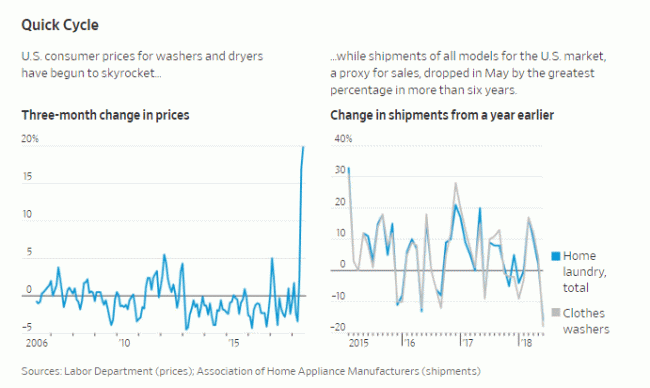Five years ago today, I was in Manhattan on a business trip with my wife. I almost never take my wife on business trips, but we had been living in Seattle for several years, and my wife, who had lived in NYC for years, wanted to go back and visit.
About 7:30 AM, I went down to breakfast in the W Hotel, where I was staying. I was working at the time for an aviation startup, and in one of the great moments of bad timing, I was in New York that day to make presentations to investors, the theme of which was that commercial aviation was in the midst of a recovery, and the time was right to invest in a commercial aviation venture.
Part way into breakfast, my wife came down to find me, and tell us we needed to see what was on TV. We went up to one of my investor's rooms. He had a terraced penthouse (its good to be the king) from which we watched the disaster unfold, with CNN on in the background.
The next 24 hours were among the weirdest of my life. For a while, we actually tried to hold our scheduled meetings, but a number of attendees had friends and family who worked in the WTC, and we called it off. I wandered the streets of Manhattan, where bizarre rumors were flying at every street corner. People ducked in fear every time an airplane rushed over, by this time all air force fighter planes. By noon, dust-covered people walking up from downtown got to our area, and streamed past for the rest of the day. Strangely, I actually ran into a friend of mine who had the last Hertz rent-a-car in the city, and we made plans to drive out of the city the next day.
Phone and cell service were spotty, but we eventually got through to the person taking care of our kids back in Seattle as well as our parents. I had not told my mom we were in NYC, so she began our call by saying "I'm so glad all my kids are no where near NY" and I had to tell her, "Uhh, mom..."
That night was like a scene out of some Charlton Heston post-apocalypse movie. Police were only letting cars out of the island, not back onto it, so by nightfall the city was empty and dead quiet. We finally found a restaurant in Times Square open, and the Square was empty. There was maybe one car driving through every few minutes. A few roller bladers where skating around Times Square, just because they could.
The next day we played find the exit from Manhattan. We knew from various reports that there was at least one bridge off the island open, but from either confusion or misplaced security concerns, no one seemed to know which bridge. We began to circumnavigate Manhattan, looking for an exit. Finally, a police officer told us the only way out was to drive all the way north through Harlem on the surface streets and get on what I think was the GW bridge. Anyway, that is what we did (finding out in the process that Harlem was not the hell-hole that gets portrayed in movies, at least the part we saw). I have never, ever been so happy to get to New Jersey. I wanted to kiss the ground. Of course, we still had a short drive to Seattle ahead of us, but that was anti-climactic.
It was only later I began learning how many people I knew died in those buildings that day. I guess I should have thought about it, given the schools I attended. The death toll for Harvard Business School graduates alone was staggering. Five years later, watching the retrospectives, nothing about that day seems any less horrible. Time, at least for me, has not softened the magnitude of this disaster.
The only silver lining I can come up with is that we have gone five years without a major terrorist attack on this country, though other's have been attacked. Walking around on September 12, we were all sure that this was just the front-end of a wave of massive attacks. So far, whether through luck or skill, we have avoided this fate.
One thing I will say is that we always prepare for the last attack. We have spent a lot of time making sure no terrorists can take over a plane with toenail clippers and fly it into another building. But that kind of attack was obsolete 20 minutes after the second plane hit the WTC -- It didn't even work on United 93.

